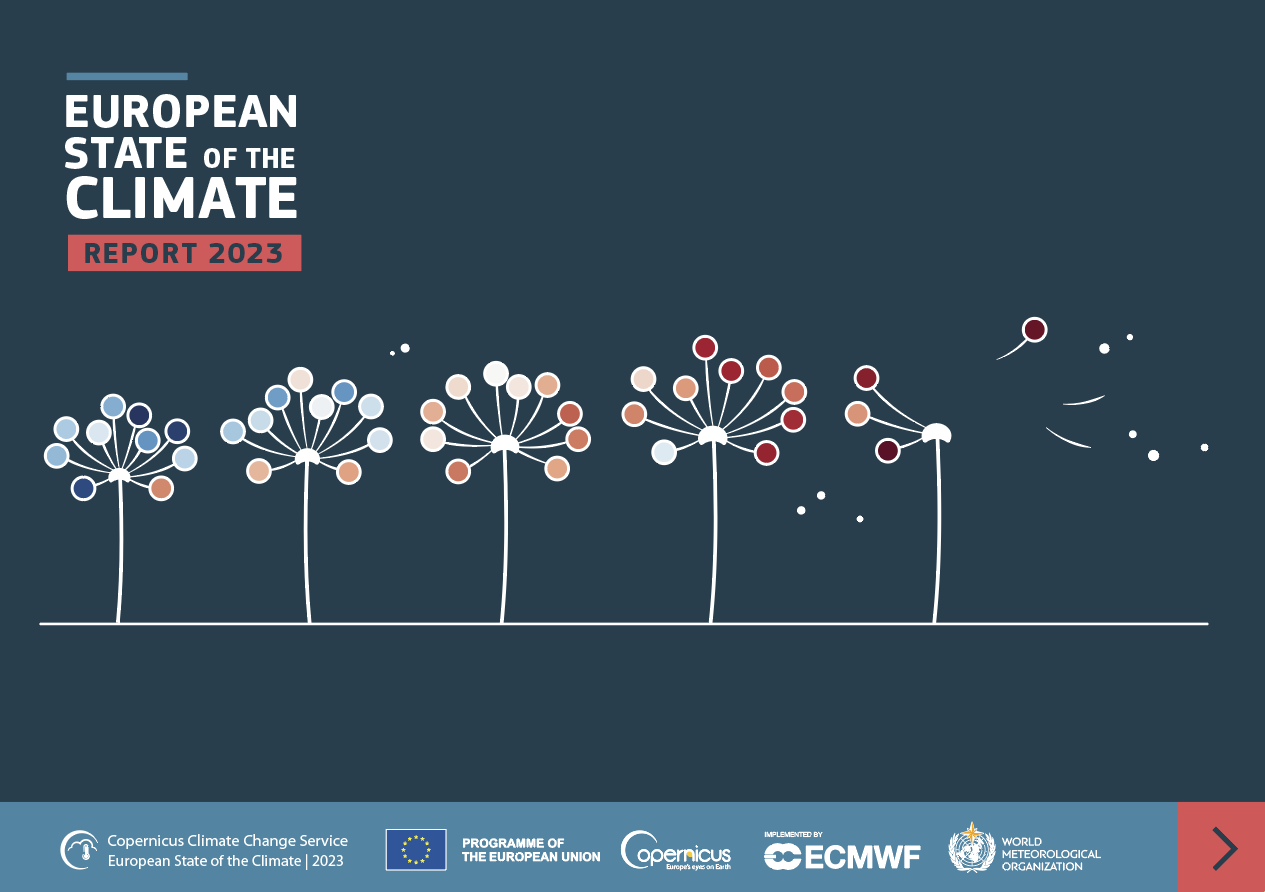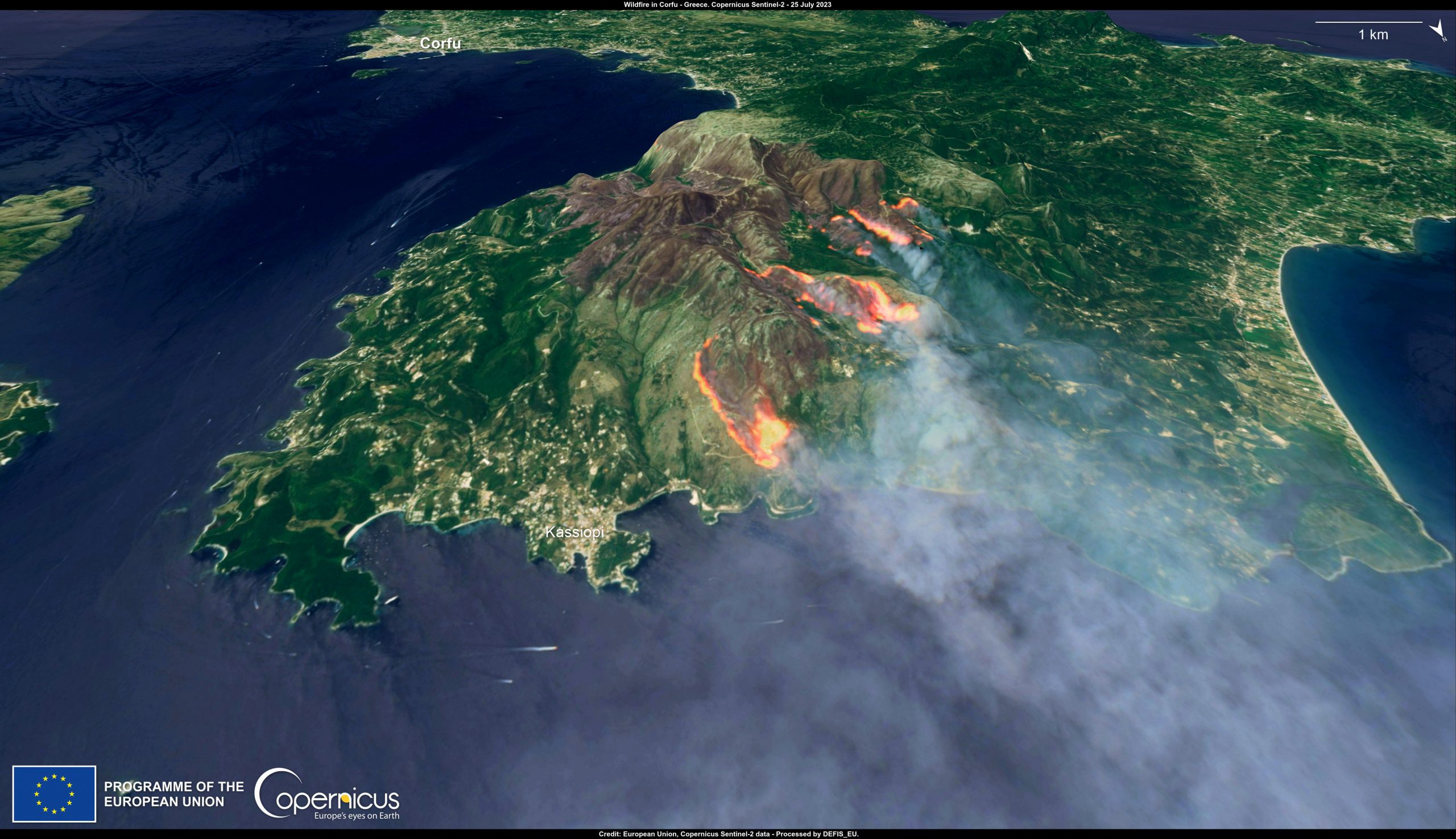Growing electrification, expansion of renewables, upheavals in oil production and globalization of natural gas markets are among the deep transformations underway for the global energy sector. Besides those major shifts, the 2018 WEO edition provides a special insight into electricity trends and the pathways to address climate change, tackle air pollution and ensure universal access to energy.
The study highlights that global energy-related CO2 emissions rose in 2017, after three flat years, and the early data suggest continued growth in 2018. Energy-related air pollution
continues to result in millions of premature deaths each year and, despite recent progress, trends on energy access fall short of global goals.
According to the IEA, energy demand is set to grow by more than 25% to 2040 under current and planned policies, and energy-related CO2 emissions are projected to keep on a slow upward trend, a trajectory far out of step with what scientific knowledge says will be required to tackle climate change.
Although renewables are continuing to improve in competitiveness and solar PV is projected to outcompete coal before 2040, emissions from existing and under construction coal-fired plants are already locked-in and represent more than a third of cumulative emissions to 2040. While trends show oil use for cars to peak in the mid-2020s thanks to higher electrification, petrochemicals, trucks, planes and ships sectors contribute to keeping overall oil demand on the rise.
In the IEA’s scenario consistent with achieving energy access, air quality, and climate goals, renewable energy share in the power mix rises from the current one-quarter to two-thirds in 2040, and energy efficiency improvements result in keeping the overall energy demand in 2040 at today’s level. All low-carbon technologies, including carbon capture, utilization and storage, contribute to a broad transformation of global energy.
IEA estimated that more than 70% of the $2 trillion required annually in the global energy supply investment either comes from state-directed entities or responds to a full or partial revenue guarantee established by regulation. Public policies and regulations also shape the pace of energy efficiency improvement and technology innovation. “The message is clear, the world’s energy destiny lies with government decisions,” said IEA’s Executive Director Fatih Birol. “Crafting the right policies and proper incentives will be critical to meeting our common goals of securing energy supplies, reducing carbon emissions, improving air quality in urban centers, and expanding basic access to energy in Africa and elsewhere.”
Read more:
IEA press release






